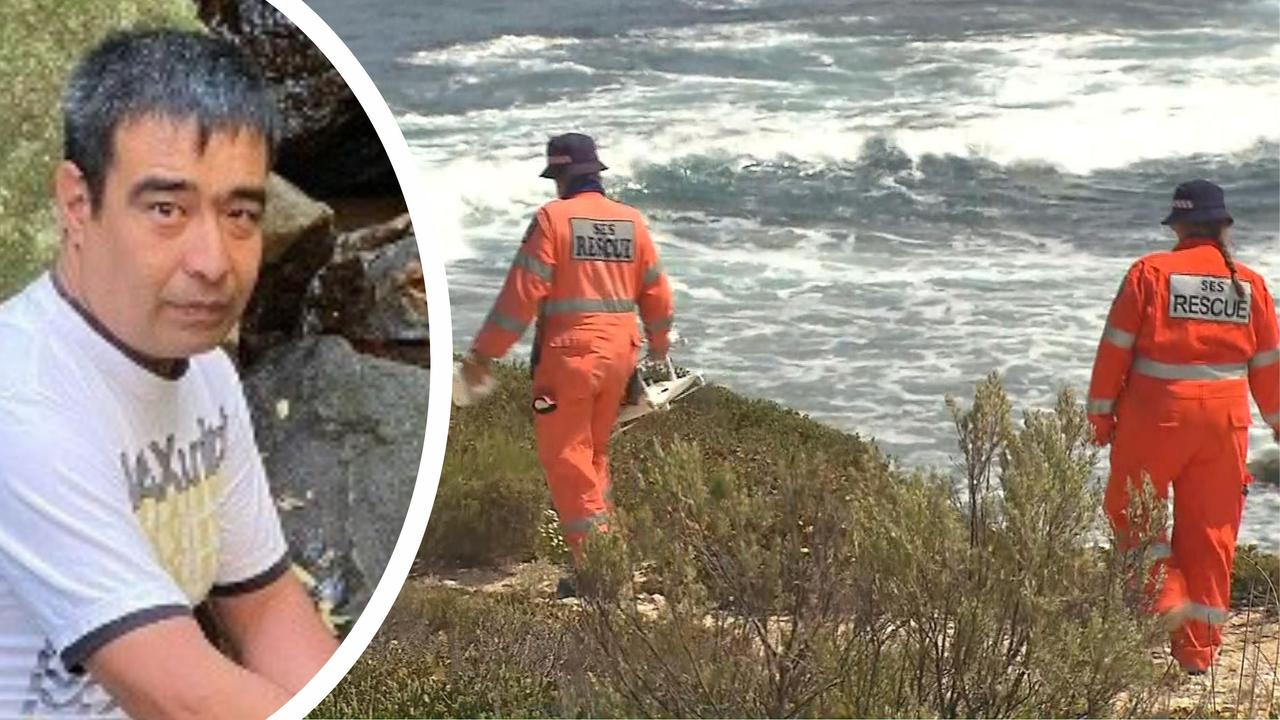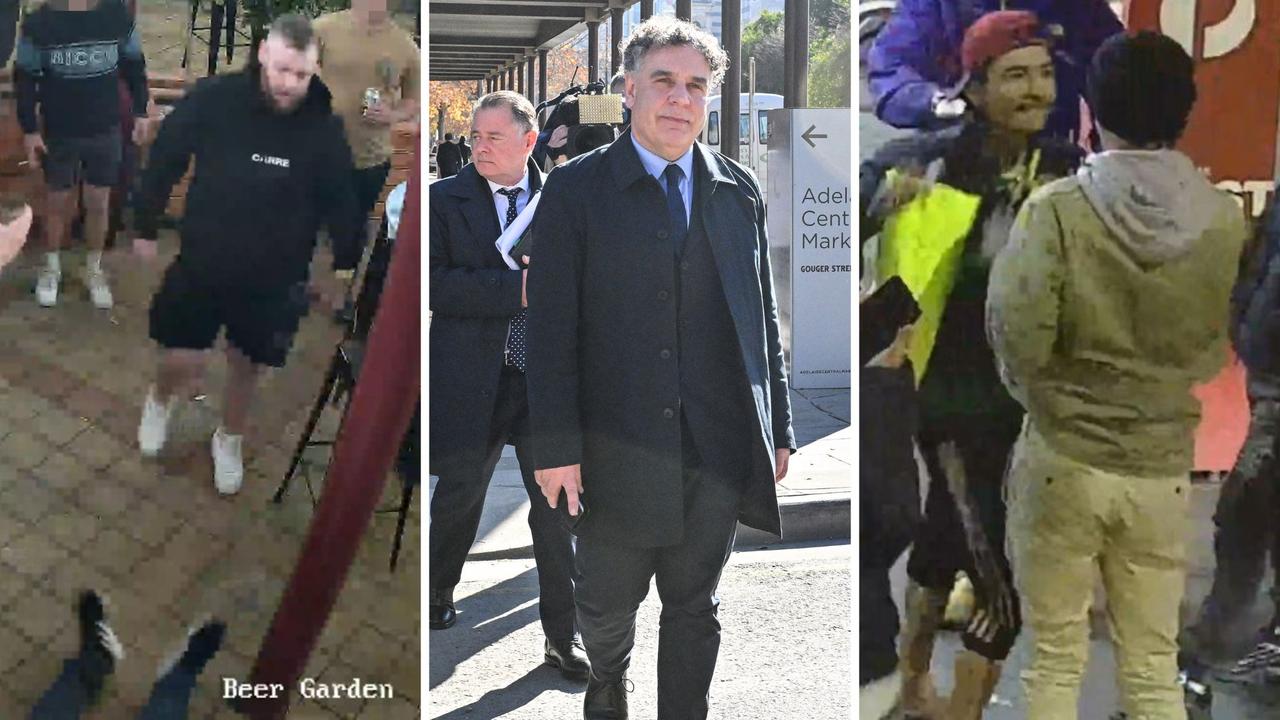SA passes laws banning censorship of victim impact statements as dismemberment murderer Nicole McGuinness returns to court
Victims can no longer be censored in court thanks to new laws – but the survivor who brought about the change says the government has ignored him once again.
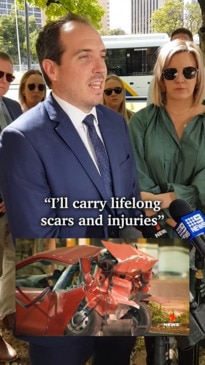
Police & Courts
Don't miss out on the headlines from Police & Courts. Followed categories will be added to My News.
Long-awaited laws ending censorship of victims of crime have finally passed parliament – just as the convicted murderer whose case prompted the change returns to court.
The Advertiser can reveal amendments banning judges, prosecutors and defence lawyers from editing victim impact statements passed parliament late on Tuesday.
It can also reveal dismemberment murderer Nicole Therese Courcier McGuinness, who successfully silenced her victim’s brother in 2022, has allegedly breached her parole yet again.
McGuinness, whose actions renewed an 11-year campaign by advocacy groups to end victim censorship, will face the Supreme Court next week accused of using drugs.

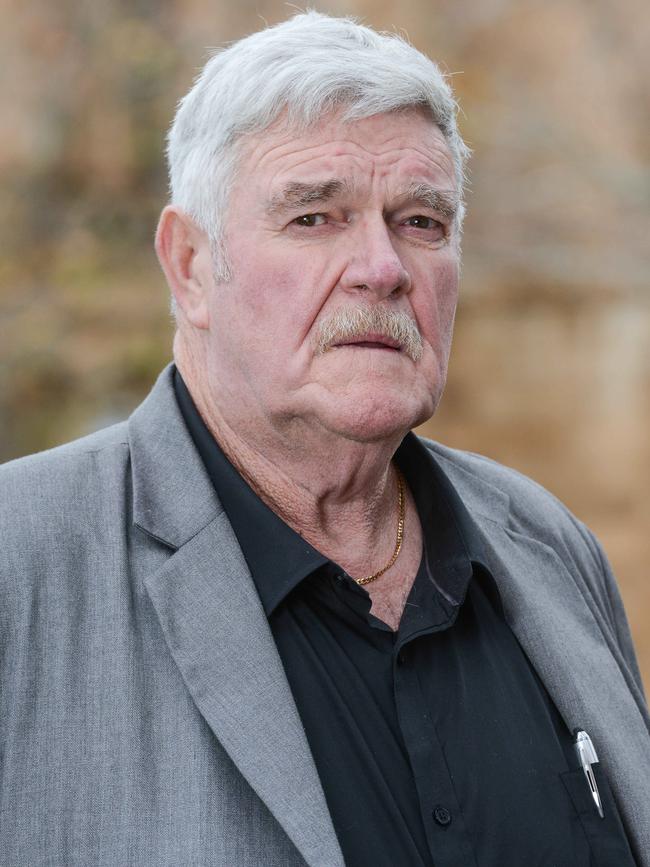
Ron Lillecrapp, brother of McGuinness’ victim Joanne Lillecrapp, welcomed the legislation – but said the government had again silenced him in its passing.
“I was informed late last year that I would be invited to hear this new law passed into parliament,” he said.
“Well, the new law has just recently been passed and I was not invited to witness it.
“Sad, yes, but (I’m) happy for all victims to have their unedited statements read in court using their own words.
“I would like to ask the government to call it “Joanne’s Law”, but I was not given the opportunity – again, I guess I am not listened to.”
In 2003, McGuinness and her lover, fellow sex worker Donna Lee Casagrande, killed and dismembered Joanne for money.
Since completing her sentence, McGuinness has repeatedly breached her parole by using drugs – in 2022, Mr Lillecrapp sought to speak in court against her release.
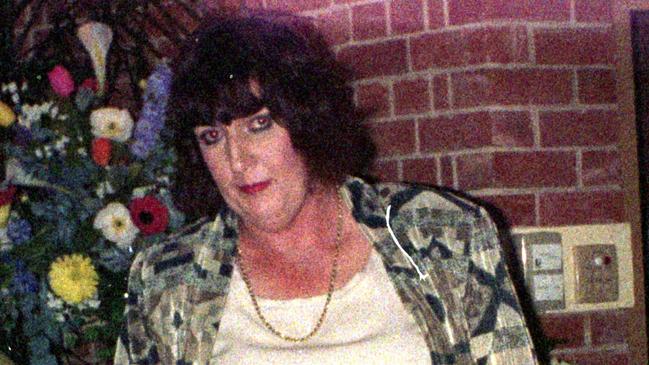
His victim impact statement was edited three times by prosecutors and defence counsel, stopping him calling McGuinness a “monster”, “scum”, “greedy” and “a destroyer”.
Prosecutors subsequently apologised, and Attorney-General Kyam Maher announced legislative reform to end the editing, which had been going on for decades.
McGuinness, meanwhile, received a new non-parole period – prosecutors now allege she breached its terms by engaging in illicit drug use.
On Thursday, Mr Maher said victims could now “tell the court in their own words the impact the offending had on them, without the risk of being edited”.
He said loved ones of a person who died or suffered a serious injury through crime could also make statements, thanks to an amendment by Connie Bonaros MLC.
“These laws ensure potential impediments are reviewed, and victims can have their moment in court,” he said.
Commissioner for Victims Rights Sarah Quick welcomed the changes, saying it “takes great courage for victims to speak about their experiences”.
Mr Lillecrapp said he hoped no other victim would share his experience, and that courts and prosecutors would take their words into account.
“The victim impact statement I wrote was edited three times by the DPP, which was supposed to be supporting me with a statement against McGuinness getting parole,” he said.
“Wrong, it worked against me … the editing of my true feelings and being totally against the parole proved to be impossible (to overcome).
“I was not heard, concerns were not listened to and McGuinness, Joanne’s murderer, had more say than I did.”
The content summaries were created with the assistance of AI technology, then edited and approved for publication by an editor.





